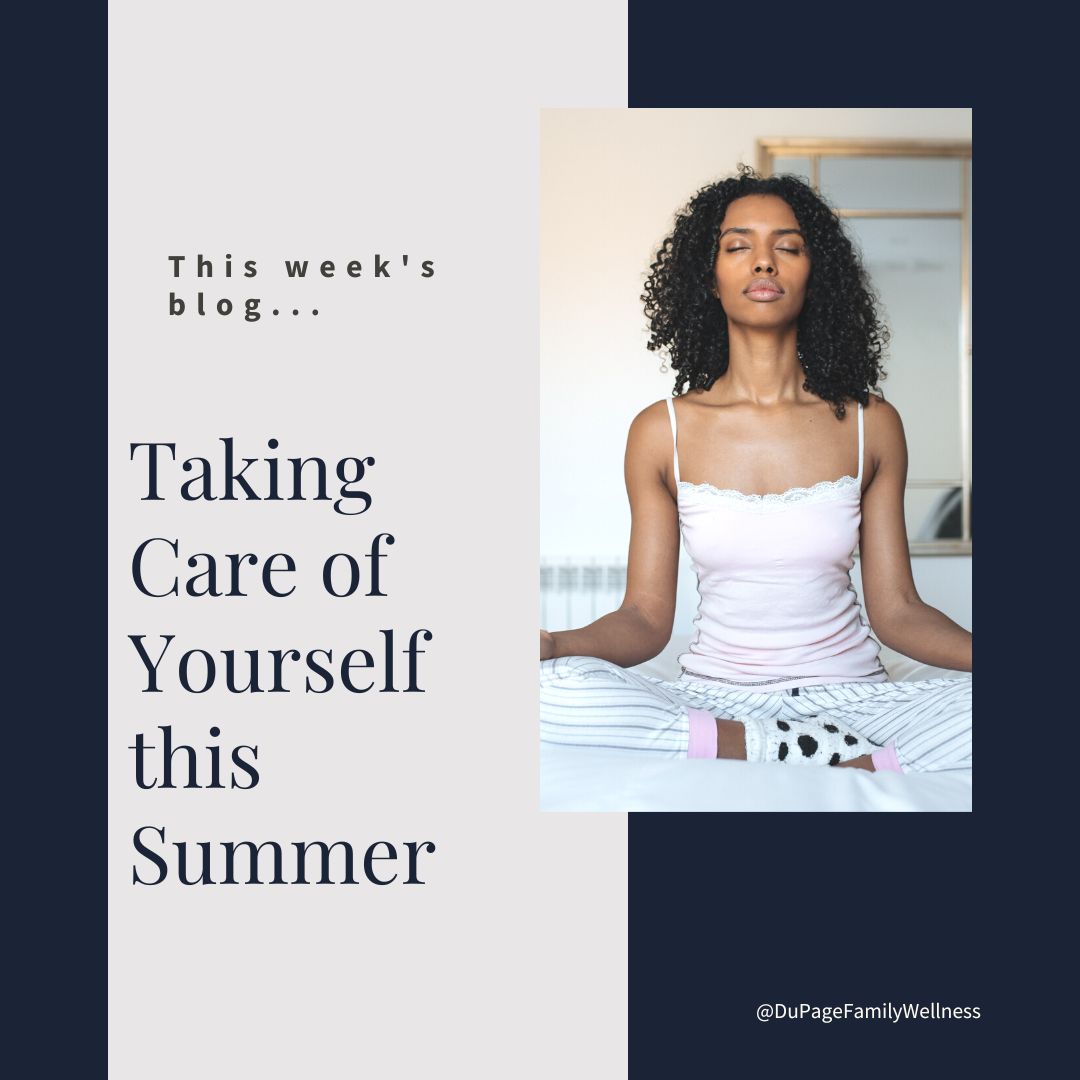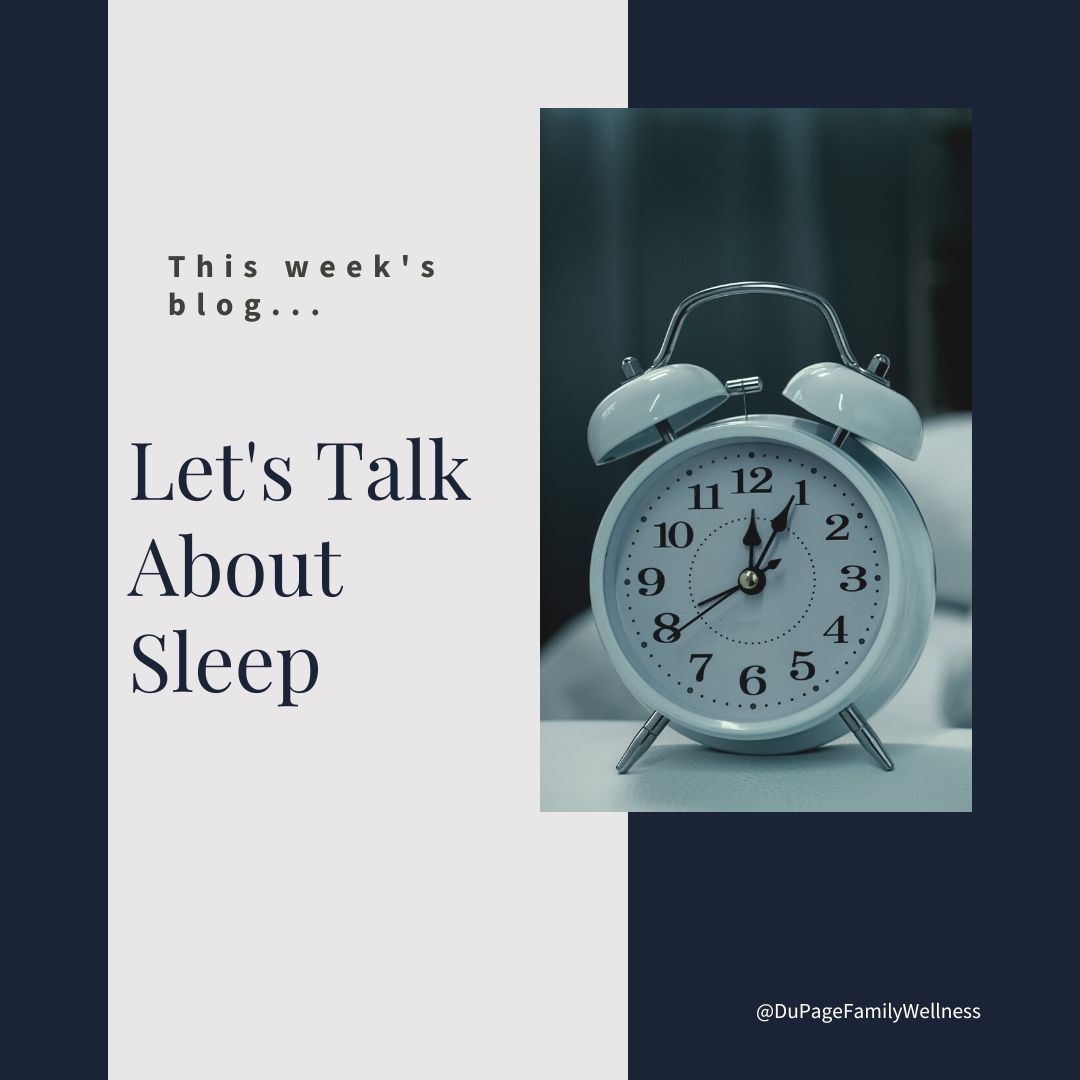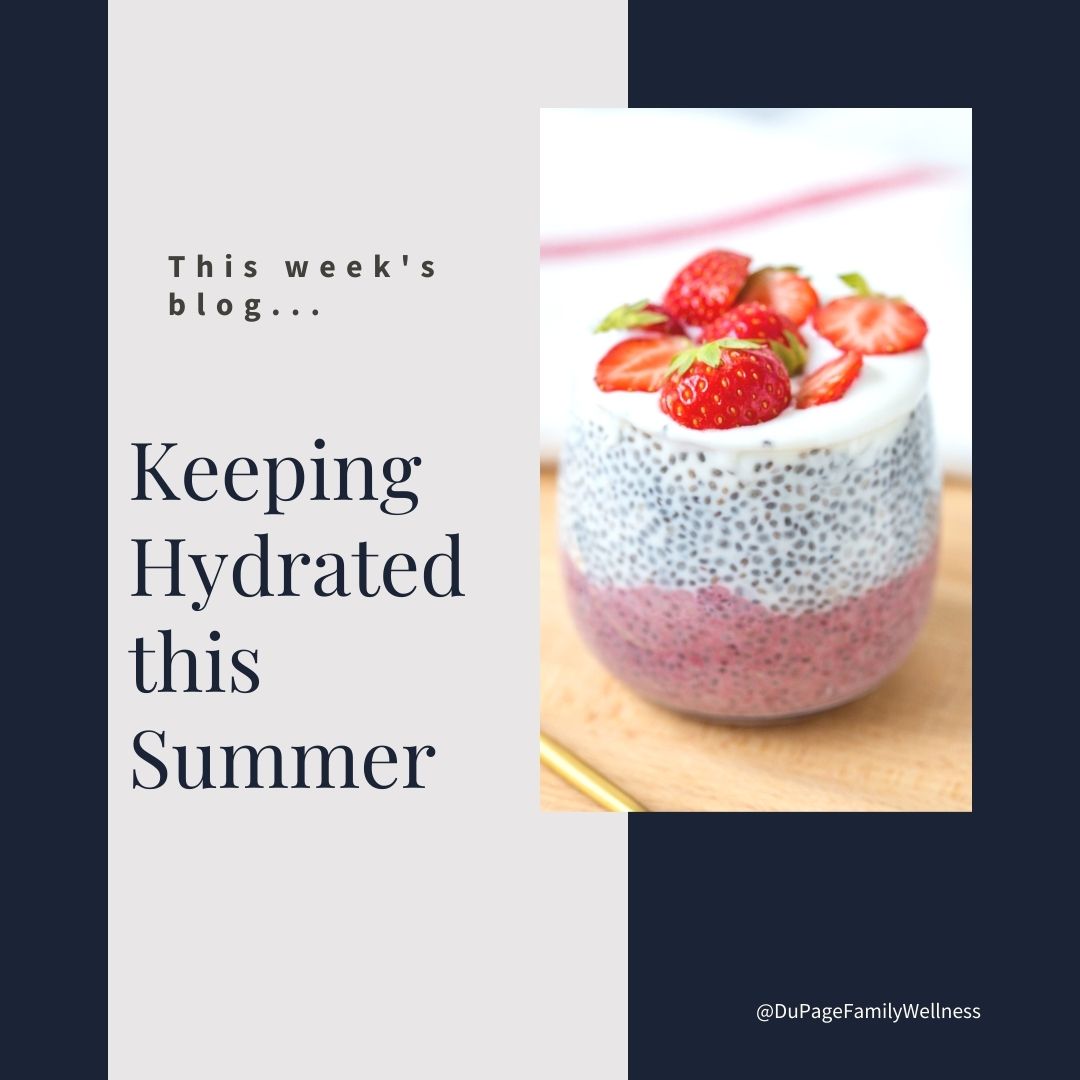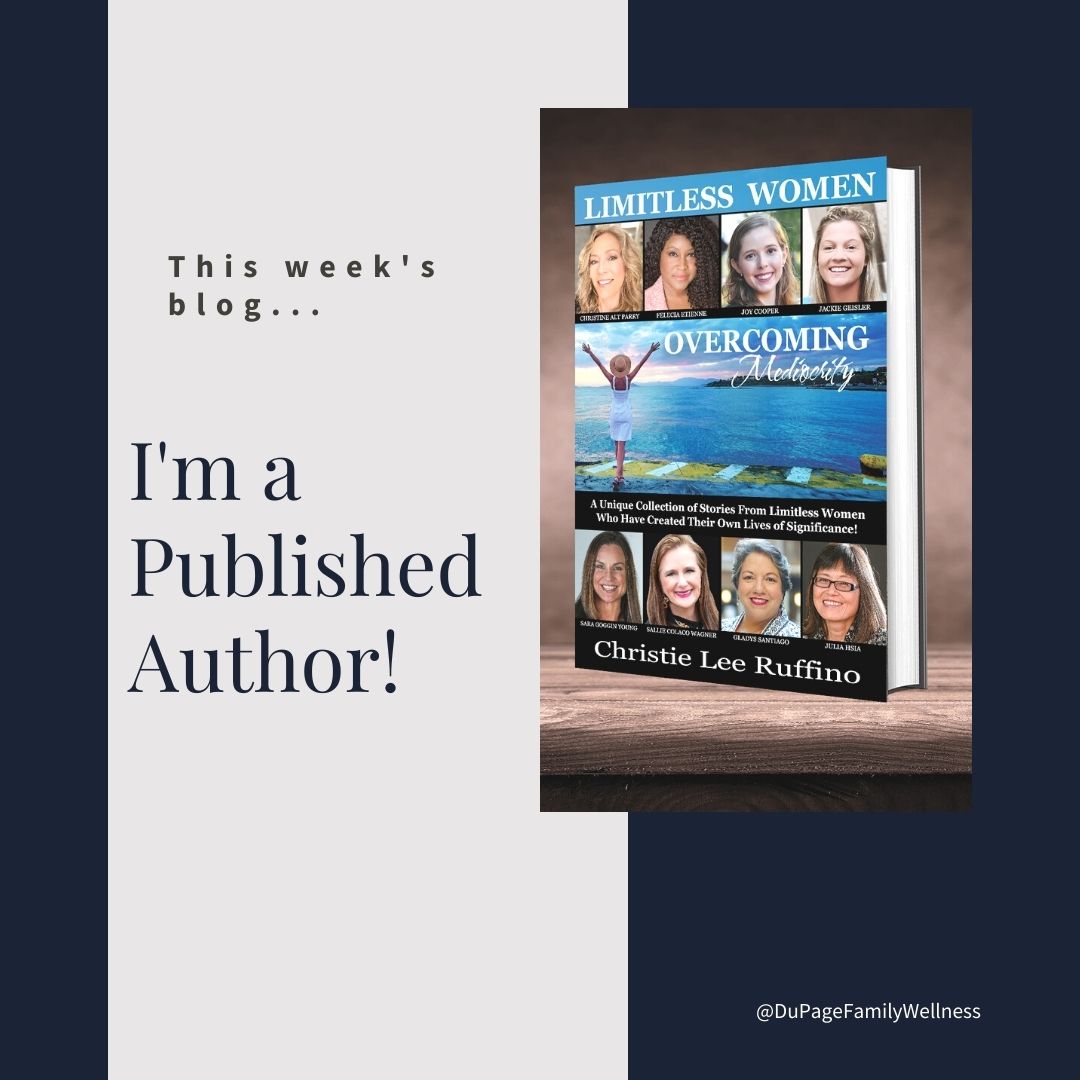 What have you been doing to take care of yourself this summer? Whether the kids are home or work is in full swing (or both), it’s important to take time for yourself!
What have you been doing to take care of yourself this summer? Whether the kids are home or work is in full swing (or both), it’s important to take time for yourself!
This doesn’t have to take long or cost a lot of money. Some self-care techniques only take five minutes are completely free. While it’s nice to take vacations or do spa days, these little things may be more practical.
So, take time now to look at our biggest tips for taking care of yourself, and make a plan for your summer!
Grounding
Grounding is bringing your awareness to the present moment. This is done through awareness of your body and surroundings. Since most of our worry is about things in the past or things yet to come, this is extremely helpful in dealing with stress.
Simply closing your eyes and paying attention to your breath brings you back to the present moment. Intentionally looking at things in your surroundings or noticing sensory input can be effective as well. The key is the intention and awareness of the action.
For more directed grounding exercise check out the following.
Social Connection
Meaningful social connections are good for your mental and physical health. Positive connections lead to the activation of the parasympathetic nervous system. This is often referred to as co-regulation of the nervous system.
So, connect with a friend...
- in person if you are able
- with a video call so you can be face-to-face.
- through a phone call.
- by email and text.
Read more ...
 You probably know that sleep is important for your physical and emotional health, but how do you know if you are getting enough sleep?
You probably know that sleep is important for your physical and emotional health, but how do you know if you are getting enough sleep?
Traditional advice is to get 7-8 hours of sleep each night, but since every body is unique it can be a little more complicated than that.
Let’s explore how to get enough sleep for your body, as well as how to make sure that you get good quality sleep each night.
A Quick Reminder
Many people promote good sleep hygiene and we will focus on that below, but no amount of sleep hygiene will help if you don’t allow enough time for sleep!
Researchers took a group of people, put them in a stimulus free room for 14-24 hours a day, and monitored their sleep. There were no clocks, so subjects didn’t know when they were going to bed or waking up.
The first couple days of the study, sleep times averaged 12-20 hours per night! This seems to indicate that many of the subjects were sleep deprived going into the study and their bodies needed to catch up from chronic lack of sleep.
Over a few days, the participants' sleep began to average approximately 8 hours a night with some sleeping more and some sleeping less.
How Much Sleep Is Right for Me?
Since everyone’s body is different, let’s look into how you can determine how much sleep your body needs? Reaction times are slower when you are sleep deprived so the following experiment gives you a good picture of whether or not you are getting enough sleep.
First, pay attention to when you typically go to sleep, and the time that you typically wake up naturally, ideally without having to use an alarm clock. Each morning at the same time after waking up, take the reaction time test here.
Read more ...
 Let me introduce you to A Dirty Hoe, one of my favorite places to get toxin-free products locally!
Let me introduce you to A Dirty Hoe, one of my favorite places to get toxin-free products locally!
Denise and Sandy from A Dirty Hoe consider themselves mediocre homesteaders. They have chickens, bees, a butterfly garden, fruit trees, vegetables, and maple trees to tap for syrup! They make their own kombucha and yogurt, but what I love the most are their many products for the body and home.
It is hard to find products that are natural and work well, let alone ones that are local. So, I was thrilled to experience the quality of these products. In fact, I liked them so much that we decided to carry them at the office.
Let me tell you some more about them and share some of my favorite products!
Why Natural Products?
A Dirty Hoe recognizes that your skin absorbs everything you put on it. Just reading a lotion bottle or researching what is in your laundry detergent can be shocking. Knowing exactly what you put on your skin and recognizing all the ingredients is really important.
Keeping their ingredients clean is a commitment they have made. Their botanicals are all raised in their yard which are not sprayed with any pesticides or herbicides.
Some ingredients, such as Shea or cocoa butter and essential oils are not certified organic. But this decision was made consciously, recognizing it’s not worth charging more when even organic ingredients are allowed to have chemicals in them. Instead they focus on avoiding preservatives, dyes, phthalates, and other endocrine disruptors.
My Favorite Products
- Laundry Detergent - Your skin is your largest organ and even absorbs the chemicals left on your clothes. A Dirty Hoe makes an all-natural, non-toxic laundry detergent to help keep your body chemical free! This gentle effective detergent uses essential oils for an all-natural scent.
Read more ...
 With summer in full swing, it’s important to think about hydration. Getting eight glasses of water a day is the conventional advice, but is it really that simple? Is there another way to look at it?
With summer in full swing, it’s important to think about hydration. Getting eight glasses of water a day is the conventional advice, but is it really that simple? Is there another way to look at it?
In their book Quench, authors Cohen and Bria explain that “for many years, we’ve operated with the assumption that the path to hydration was drinking eight glasses of water daily—the picture is actually much more complex.”
Let’s explore what they have to say and see if there is a way to work smarter rather than harder when working on our hydration.
Background
Gina Bria, an anthropologist that studied desert cultures which survived with very little water, got a call from her mother’s care facility. They told her that her mother was suffering from chronic dehydration.
Concerned, Bria decided to delve into her research to see if there was anything that she could learn from the desert cultures to help her mom.
Bria knew that the Tarahumara people of Mexico used chia seeds to aid in hydration. So, she used her coffee grinder to turn some chia seeds into powder, instructing her mother’s caregiver to add it to her mom’s orange juice each morning.
That did the trick, and her mom did not have any more issues with chronic dehydration. After this experience Bria decided to research a form of hydration known as “gel water.”
What Is Gel Water?
In Quench, Cohen and Bria describe gel water, or living water, as a “newly identified phase of water that’s not quite liquid, vapor, or ice. (It is) identified by an extra hydrogen and oxygen atom, so the molecular structure is H3O2.” Gel water exists in plants and can be found in fruits, vegetables, and seeds.
Chia and cacti are full of gel water. In fact, the Aztecs and Incas are thought to have often subsisted on only chia and cacti, actually going weeks without water. This shows how hydrating gel water can actually be.
Read more ...

I’m a published author! That’s right. Last year I was invited to write a chapter in a book called Overcoming Mediocrity. It’s a book filled with stories of incredible women. I am honored to be a part of this publication and excited to share it with you.
Overcoming Mediocrity is a unique collection of stories from influential women who have overcome great odds to create their own lives of significance. These stories are aimed to inspire and encourage women to realize their true potential.
I share the story of my family’s struggle with insulin issues and how it surprisingly led me to find my passion in life. Here is a little excerpt from my story…
“Growing up my grandpa was one of my favorite people. He was quite the jokester and was always trying to pull a fast one on me. My family went to his house on weekends, and he always made me feel like the most special girl in the world (other than my sister who I’d like to think was a close second).
One evening, as we were preparing dinner my grandfather started acting funny. He was pale and seemed shaky. His words were slurred and didn’t seem to make sense. I didn’t know why my grandpa, who was always so strong, was acting so strange. It was scary!
My grandma ran over to the refrigerator, grabbed the orange juice, and poured him a cup. A few minutes later, grandpa was back to his normal self. “What happened?” I asked. I knew my grandpa was a type one diabetic, but I had never known what that meant.”
This experience started a chain of experiences through which the universe led me to discover my passion.
We all want to live a fulfilling life, and the first step is finding out what drives you. Once you know what makes you come alive, you can truly start pursuing your dreams. Let our stories inspire you to find your passion and live your best life!
Dr. Jamie
P.S. Keep an eye out for an email you will be getting this Friday. For a limited time, you will have the opportunity to get a copy of the book FREE!
 What have you been doing to take care of yourself this summer? Whether the kids are home or work is in full swing (or both), it’s important to take time for yourself!
What have you been doing to take care of yourself this summer? Whether the kids are home or work is in full swing (or both), it’s important to take time for yourself!

 You probably know that sleep is important for your physical and emotional health, but how do you know if you are getting enough sleep?
You probably know that sleep is important for your physical and emotional health, but how do you know if you are getting enough sleep? Let me introduce you to A Dirty Hoe, one of my favorite places to get toxin-free products locally!
Let me introduce you to A Dirty Hoe, one of my favorite places to get toxin-free products locally! With summer in full swing, it’s important to think about hydration. Getting eight glasses of water a day is the conventional advice, but is it really that simple? Is there another way to look at it?
With summer in full swing, it’s important to think about hydration. Getting eight glasses of water a day is the conventional advice, but is it really that simple? Is there another way to look at it?
